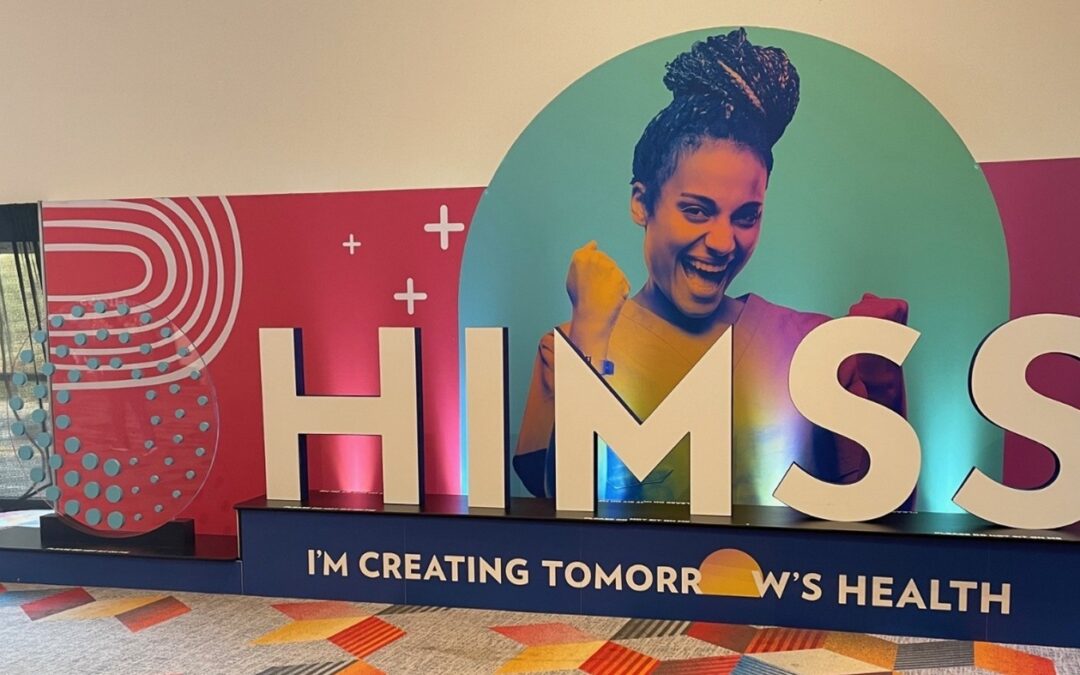KLAS Research recently released its “Data & Analytics Platforms 2025” report—and the findings shed important light on the challenges healthcare...

See how analytics trends are impacting your business and industry

KLAS Research recently released its “Data & Analytics Platforms 2025” report—and the findings shed important light on the challenges healthcare...
In healthcare, there’s no such thing as business as usual. Between labor shortages, tighter margins, evolving technology, and rising patient...

It happens every Earth Day: companies recognize the holiday and highlight an environmental initiative that they may or may not follow through on....

When it comes to college and the high cost associated with it, more and more students and their families are thinking like businesses making an...

Not too long ago I had a pain in my shoulder. I’ve had stiff necks that sometimes traveled a bit down the arm, the kind that goes away if you...

Say hello to Patrick Maysen, a Business Intelligence Consultant who loves solving problems and helping people make sense of their data. In this...

Each April, Alcohol Awareness Month spotlights the need for education, prevention, and responsible consumption of alcohol. While government...

Five years ago, when the COVID-19 pandemic hit, telemedicine was thrown into the spotlight. Prior to the pandemic, the technology had some...

The apparel industry faces unique challenges when it comes to making data-driven decisions. Perhaps no other industry is as dependent on the whims...

Data and creativity often appear to be at odds with each other. But are they actually complementary? On the one hand, intuition, originality, and...

This would be a challenging time for the beverage alcohol industry even if the focus was solely on the products. With customer preferences changing...

Supply chain executives are always on alert for disruptions. While many aspects of the supply chain became more transparent to consumers as a result...

For companies in the beverage alcohol industry, sustainability is always front of mind. It’s certainly part of a company’s desire to help the...

HIMSS25 was held last week, and what a show it was! More than 30,000 attendees descended on Las Vegas for the biggest healthcare technology...

It is no exaggeration to say that the utilities industry is at a critical point in its history. Every move is being scrutinized closely, whether it...

This month marks the five-year anniversary of when the world virtually shut down after COVID-19 was declared a global pandemic by the World Health...

Recreational marijuana went 0-for-3 on legalization initiatives in the 2024 election. Businesses in the states that legalized the drug for...

Next week, healthcare technology enthusiasts gather in Las Vegas for HIMSS25. As always, Dimensional Insight will be at the show to meet with others...

When there is a disruption in the supply chain, organizations have some choices to make. The passive option is to take no action and wait to see how...

In this month’s employee spotlight, we’re profiling James Kirtley, Senior Software Engineer. From writing code that keeps our software at the...